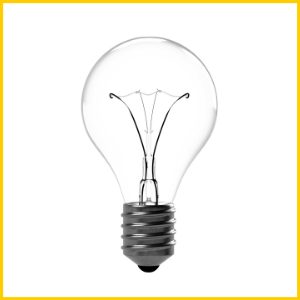Mental healthcare call centre in Srinagar receives over 10,000 calls, 70 per cent of them from women
Srinagar, May 4 (PTI) About 70 per cent of the 10,000-odd calls made to a mental healthcare call centre here were by women, with a study suggesting the digital facility has made it easy for women to talk about their issues from home without being stigmatised.
The call centre under the central government’s Tele MANAS initiative was established at the Institute of Mental Health and Neurosciences in Rainawari here in November last year.
Since its launch, the call centre has received more than 10,000 calls. “About 70 per cent of those calls were from women,” Dr Arshad Hussain, a renowned psychiatrist working at the institute, told PTI.
He said the institute conducted a study to ascertain why a majority of the distress calls were made by women.
“What could be happening is that women may be finding it easy to call from their homes and talk about their distress without being stigmatised,” Hussain said.
“Recently, we had a guest faculty here. We were told that in other centres, there are more men calling. This is something which needs more research,” he added.
Hussain said the Tele MANAS centre aims to bridge the gap between mental health needs and the availability of resources.
“There is a scarcity of resources the world over, particularly in low-income and middle-income countries, to actually deal with the epidemic of mental health problems,” he said.
The call centre in Srinagar has 20 counsellors, mostly women, who are the first responders to distress calls.
Nashafa Firdous, one of the counsellors at the centre, said most of the distress calls were from women, especially those from rural areas, “because it is easy for women to get counselling online without having to visit the centre”.
“This is a good initiative because there is no barrier. They do not feel comfortable to reveal their identity or to show themselves up, but when they get online counselling, they feel comfortable,” she said.
Asked about the nature of calls, Firdous said they are mostly regarding mental disorders, panic or anxiety attacks, depression or OCD, or issues related to those suffering bipolar disorder.
People can speak to the counsellors in three languages — Kashmiri, Urdu and English.
The centre functions round the clock.
Hussain said the Tele MANAS initiative is a game changer because a person cannot always travel to a hospital for mental health issues.
Giving details about the operations at the centre, the psychiatrist said that if an issue is not resolved by counsellors, it is referred to the next level, where they are handled by clinical psychologists.
If the issue is still not resolved or if some patients need medications and treatment, they are referred to psychiatrists who do the assessment and treatment over phone, he said.








